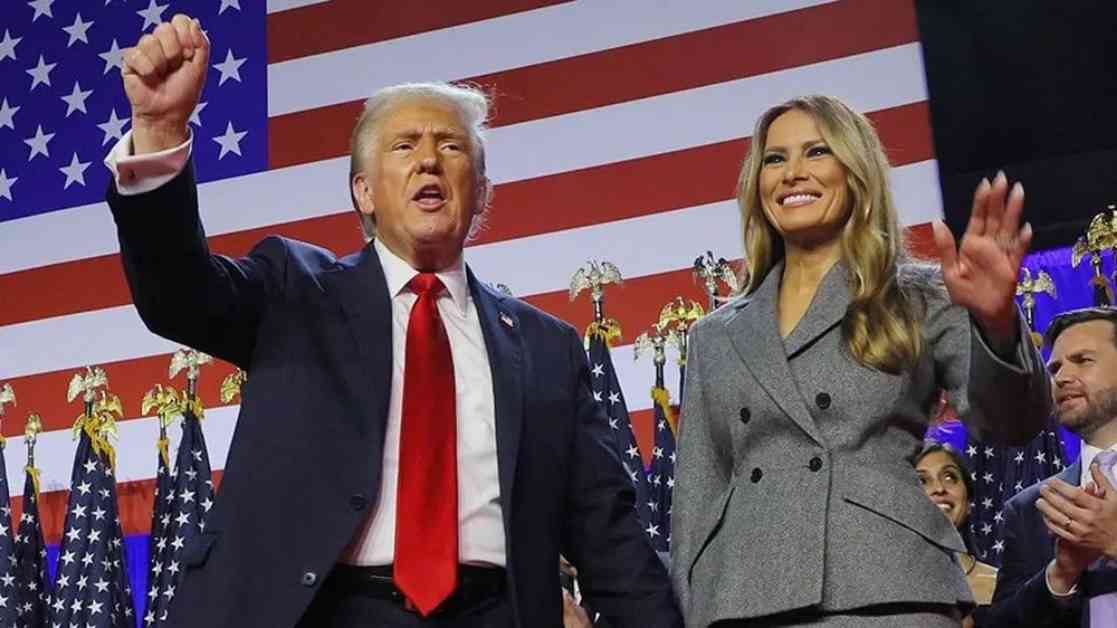A French national known as “Théo” recently made headlines for winning $85 million by betting on the US presidential election through Polymarket. Instead of relying on traditional polls, Théo funded his own “neighbor” surveys, asking respondents who they thought their neighbors would vote for rather than themselves.
The idea behind neighbor surveys is to counteract the “shy Trump voter effect,” where respondents might be hesitant to declare their support for the former president. Théo’s research led him to believe that traditional polls were overestimating support for Kamala Harris, and he correctly predicted that Trump would win the election, flipping key swing states and even winning the popular vote.
Théo, a wealthy former banker, claimed to have no political agenda and was gambling with his own money. His large bets on Trump’s victory initially raised concerns about market manipulation, but it was later revealed that he had used eight Polymarket accounts to place his wagers, resulting in a higher winning figure than initially reported.
Overall, Polymarket traders wagered approximately $3.7 billion on the US presidential election outcome. The attention surrounding Théo’s bets has prompted the French gambling regulator to investigate Polymarket’s compliance with domestic laws, despite the platform being based in New York and operating as a decentralized and unregulated financial exchange and prediction platform.
The success of Théo’s neighbor surveys highlights the potential for alternative polling methods to provide more accurate insights into public opinion, especially in cases where traditional polls may fall short. This story serves as a reminder of the evolving landscape of predictive markets and the impact they can have on major world events.



